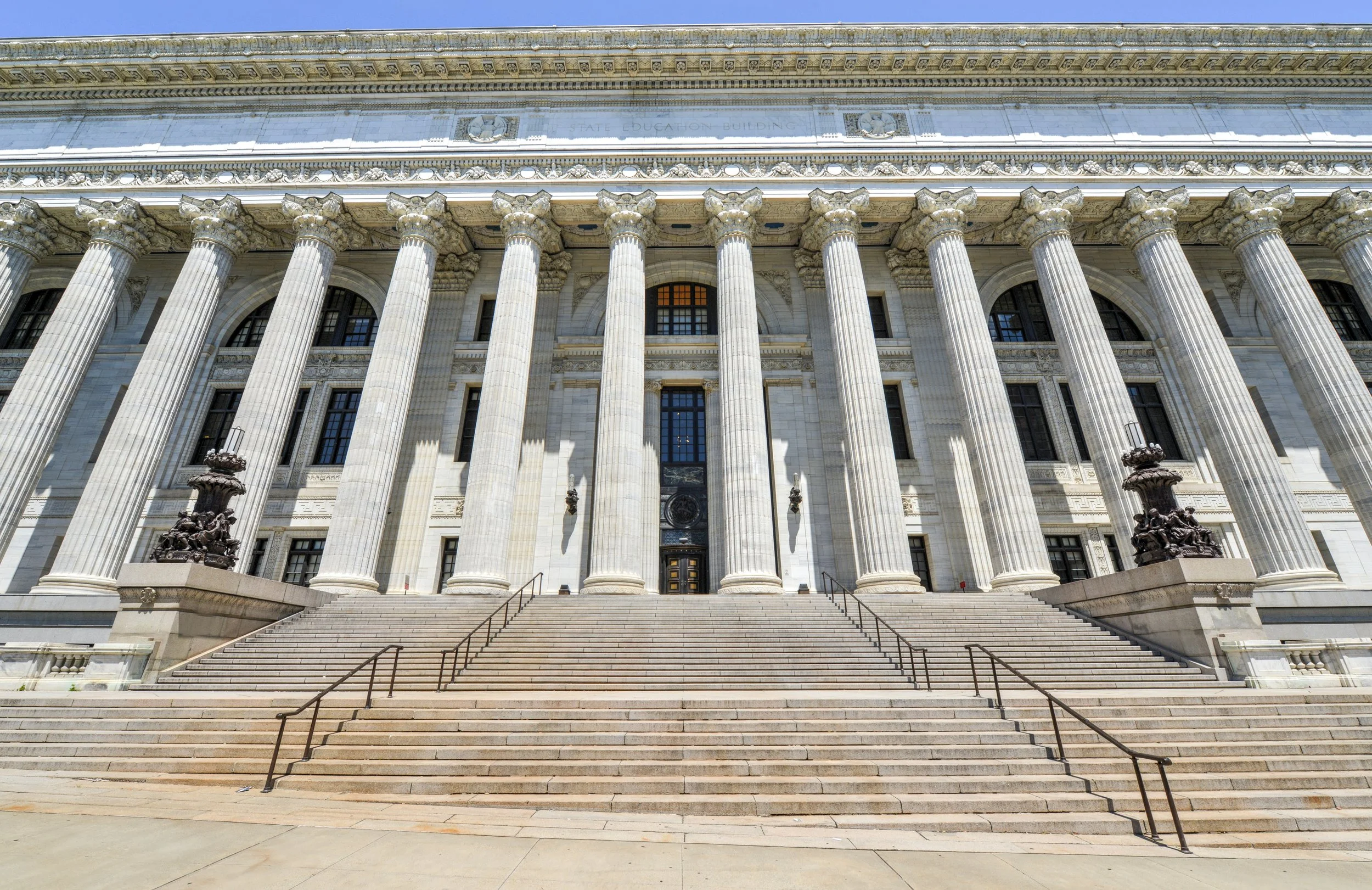BLOG
Institute Intelligence
Insights, case studies, news, and updates from ISLG’s good governance research and action.
Institute Intelligence, January 2026: Revisiting Discovery Reform, Local Data Answers Crime Questions
A snapshot of the work we’ve done this past month.
New York City Taxpayers Continue to Contribute More to State Revenues than They Receive Back in Services, CUNY and New School Study Finds
“Following a decade of economic growth in New York City and the enactment of high-earner income tax increases in 2021, this report provides an updated and comprehensive picture of the fiscal flow between New York City and New York State.”
How Cities and States can use Vacant Property Taxes to Spur Housing Development
Affordable housing is a priority issue for state and local governments across the country. One unique method these policymakers have to incentivize the creation of more housing is strategic property tax policies that target vacant or underutilized properties.
Institute Intelligence, November 2025: Restorative Justice for NYC’s Youth, The Impact of Paying the Human Service Sector a Living Wage
A snapshot of the work we’ve done this past month.
Expanded Kriegel Fellowship 2025-2026 Cohort Creates Tailored Professional Development for State and Local Government Chiefs of Staff, Senior Office Leaders
Launched this fall, 44 staffers from New York City and State governmental offices will meet with their peers and field experts biweekly to sharpen their knowledge, skills, and networks.
Listening, Learning, and Accountability: How NYC Schools and Youth Centers are Using Restorative Justice to Help the Next Generation Succeed
Across New York City, Community-Based Restorative Justice Initiative organizations are using RJ as a framework for youth services, from elementary to high school and afterschool programming. “Instead of it being something that we use for conflict and peer-to-peer mediation, it's more an overall form of communication, a way to bring the community together.”
A Case Study on Pivoting toward Impact in Fulton County, Georgia
When work is grounded in data, community context, and collaboration, projects can pivot and address solutions to all the problems that arise along the way. This is what happened when CUNY ISLG researchers worked with Fulton County partners to launch a Center for Diversion and Services.
Institute Intelligence, October 2025: Why Civic Engagement Matters, Tracking the Changing Use of Jail After Reform
A snapshot of the work we’ve done this past month, including why civic engagement matters and the changing use of jail after reform
What are the impacts of a trauma-informed abusive partner intervention program on attitudes, beliefs, and recidivism?
A critical component of TI-APIP is how it “centers a unique trauma-informed approach that helps boil down the complexities inherent in relationships with violence.”
Institute Intelligence, September 2025: Prosecutorial Data in the Great Lakes, Grassroots Investments Pay Off
A snapshot of the work we’ve done this past month, including prosecutorial data in the Great Lakes and grassroots investments that have paid off.
A Community Worth Investing In: The Inaugural Grassroots Policy Incubator Orgs Bring Innovative Ideas to Life
“This process was about working with grantees, asking them what they needed and helping them get there, not telling them what they had to do with little flexibility.”
Driven by Commitment to Using Data to Make and Track Decisions, Three Great Lakes Prosecutor’s Offices join the Prosecutorial Data Collaborative
As of summer 2025, three new sites in the Great Lakes region have joined the Prosecutorial Data Collaborative to build the infrastructure and culture necessary to effectively use data in their offices, courtrooms, and communities.








